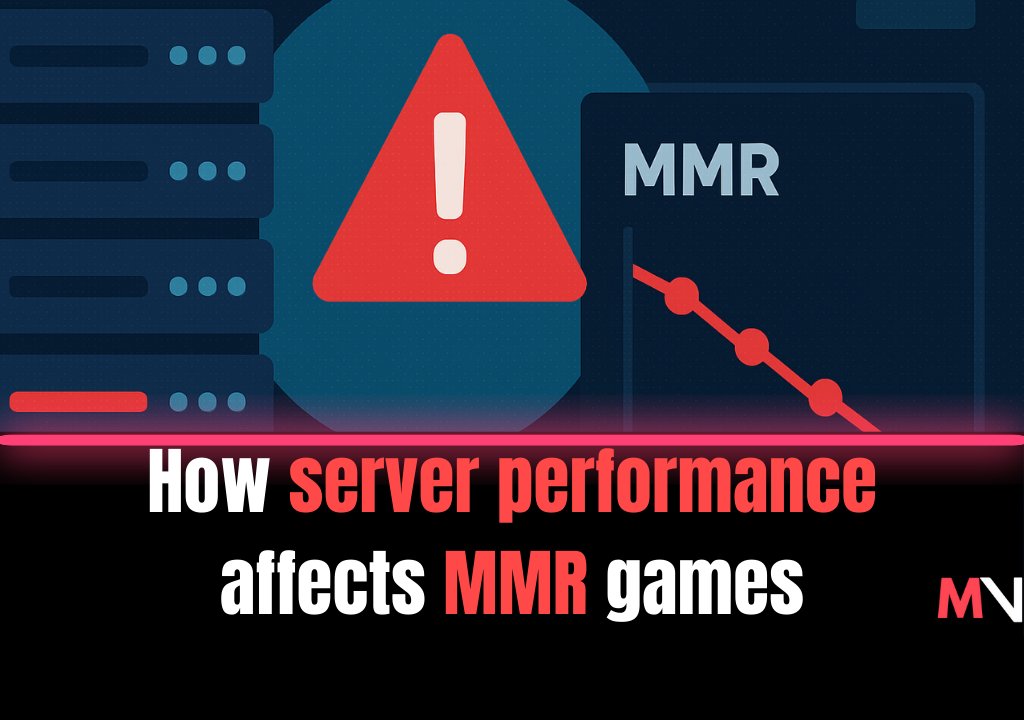How server performance affects MMR games
Fair matchmaking and balanced rating systems are very important for competitive games like Valorant. Server performance is something that players often forget about, though. Problems like lag, packet loss, and servers that don't respond quickly can have a big impact on how well players do, and in the end, their Matchmaking Rating (MMR). For competitive players, it's important to know how server stability affects ranked progression.
How the performance of the server affects the fairness of the competition
1. Latency and Delay
When players' actions take a long time to happen, it's usually because of high ping or unstable connections. In MMR games, even a few milliseconds of difference can make you lose a gunfight or miss an ability.
2. Rubberbanding and packet loss
Players may experience rubberbanding, which is when their character snaps back to previous positions, when servers don't process data correctly. This not only messes up the game, but it also affects KDA and win chance, which in turn affects MMR gains or losses.
3. The Server's Tick Rate
The tick rate tells the server how often to update what players are doing. Lower tick rates make it less accurate to register shots, which can change the results of competitive matches. Riot's servers usually have high tick rates, but they can still slow down during busy times.
The Direct Effect on MMR Calculations
Server problems don't just ruin the game; they also change how MMR systems read player skill:
- Unfair Losses: A team that has server problems might lose games they could have won, which would mean they lose MMR points they shouldn't have.
- Skewed Statistics: If the server isn't working well, it can lower the accuracy, headshot percentage, and KDA, which makes the performance metrics weaker.
- Momentum Disruption: When you win a lot of games in a row, your RR (Rank Rating) usually goes up faster. Losses related to the server break this streak, which slows down the progress of ranks.
Riot's Steps to Fix Server Problems
Riot has said that how reliable the servers are is a big part of how fair ranked play is. Some of the things they do are:
- Having more than one regional server to cut down on lag.
- Setting up automatic systems that find problems with a lot of servers and cancel matches that are affected.
- Giving players compensation when ranked games are interrupted by long outages.
Still, individual matches can be affected before anything is done.
Why Players Should Keep an Eye on Their MMR Outside of Servers
Tracking your hidden MMR helps you see how far you've come, even when there are problems with the server. Tools that let you see your rating outside of Riot's client help you figure out if your problems were caused by your performance or by things outside of your control.
Keep an eye on your MMR progress in real time
If you want to stop guessing and start keeping an eye on your MMR accurately, even when the server isn't working well, go to https://mmrvalorant.com/
. You'll learn a lot about your hidden rating, match history, and how your rank will change in the future.
Tags

Author




